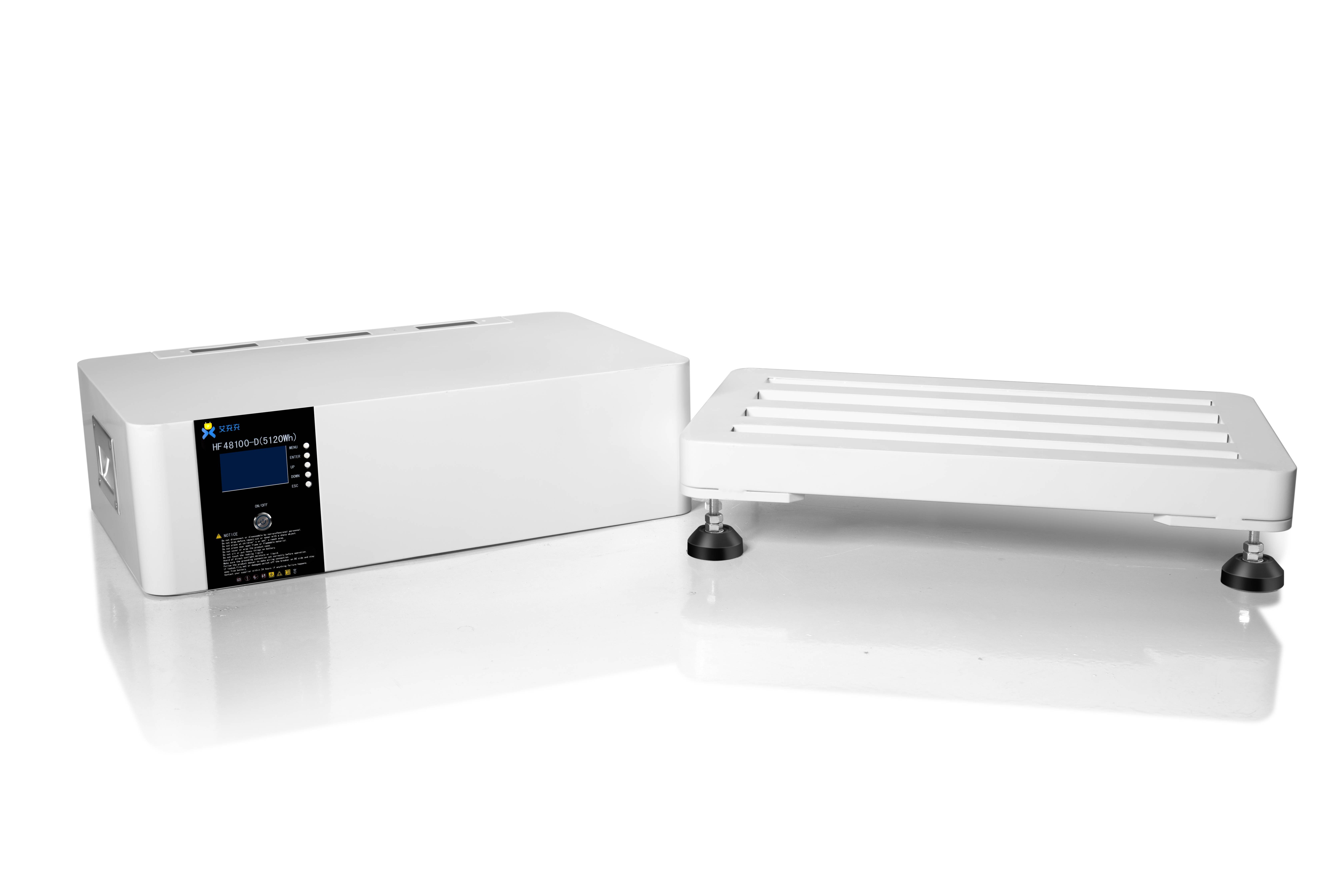
Nov . 15, 2024 12:58 Back to list
high quality battery energy storage systems for electric utility industrial and commercial applications
High-Quality Battery Energy Storage Systems for Electric Utility, Industrial, and Commercial Applications
In recent years, the demand for reliable and efficient energy storage solutions has surged as the world transitions towards renewable energy sources. High-quality battery energy storage systems (BESS) have emerged as crucial components in stabilizing energy supplies, optimizing grid performance, and supporting various industrial and commercial applications. This article delves into the importance of BESS, their applications, and the advantages they offer to electric utilities and businesses.
The Need for Energy Storage
As renewable energy sources like wind and solar power become increasingly prevalent, the intermittent nature of these energy sources presents challenges for electric utilities. Energy storage systems bridge the gap between energy supply and demand, allowing for excess energy generated during peak production times to be stored for later use. This capability is essential for maintaining grid reliability and reducing the likelihood of outages.
BESS can enhance energy management strategies, allowing electric utilities to shift energy consumption from peak to off-peak hours. By doing so, utilities can reduce the necessity for expensive peaker plants, decrease operational costs, and minimize greenhouse gas emissions.
Applications of Battery Energy Storage Systems
1. Electric Utility Operations BESS is vital for electric utilities to manage grid reliability and stability. They can provide frequency regulation, voltage support, and resource firming, which helps maintain grid integrity in the face of fluctuating demands. Moreover, when integrated with renewable energy sources, these systems can store excess energy and release it when production wanes, thereby enhancing the share of renewables in the energy mix.
2. Industrial Applications Industries that rely heavily on electricity can significantly benefit from BESS. By investing in energy storage, companies can lower energy costs through demand charge management. During high-demand periods, these systems can release stored electricity, thereby avoiding higher tariffs. Additionally, BESS can ensure the quality and reliability of power supply for sensitive operations, such as manufacturing processes, which can be adversely affected by voltage dips or outages.
3. Commercial Applications Commercial establishments, such as retail and office buildings, are also leveraging BESS for energy management. With the capability to reduce peak demand charges and ensure a steady workforce environment, businesses can achieve substantial savings. Moreover, through the integration of energy storage with on-site renewable energy systems, businesses can enhance their sustainability initiatives while providing backup power during outages.
high quality battery energy storage systems for electric utility industrial and commercial applications

Advantages of High-Quality Battery Energy Storage Systems
The integration of high-quality BESS comes with numerous advantages
- Cost-Efficiency By lowering demand charges and optimizing energy use, businesses can achieve significant reductions in operational costs. The initial investment in BESS often results in ongoing savings that justify the expenditure.
- Sustainability Energy storage helps facilitate the integration of renewable energy resources, thus supporting sustainability goals. By maximizing renewable usage and minimizing dependency on fossil fuels, BESS play a pivotal role in reducing carbon footprints.
- Enhanced Reliability For both electric utilities and businesses, reliability is paramount. BESS offers backup power solutions that enhance resilience against outages, ensuring uninterrupted operations for critical infrastructures.
- Grid Services High-quality energy storage systems provide essential grid services, including demand response, frequency and voltage regulation, and spinning reserves. These services enhance overall grid stability and can be monetized through participation in ancillary service markets.
Conclusion
High-quality battery energy storage systems are transforming the landscape of energy management across electric utilities, industrial sectors, and commercial enterprises. By addressing the challenges posed by the integration of renewable energy sources, these systems enable a more flexible, efficient, and sustainable energy ecosystem. As technology advances, the cost of battery systems continues to decline, making them increasingly accessible to a wider range of applications. The future of energy storage indicates a pivotal shift, where high-quality BESS will become an integral part of our energy infrastructure, paving the way for a cleaner, more efficient energy future.
-
Advanced AI Energy Management with GPT-4 Turbo
NewsAug.02,2025
-
AI-Powered EMS with GPT-4-Turbo | Efficiency Boost
NewsAug.01,2025
-
Optimized Storage System for GPT-4-Turbo | High Performance
NewsJul.31,2025
-
AI Energy Management System w/ GPT-4 Turbo Efficiency
NewsJul.31,2025
-
High-Performance Energy Storage System for Reliable Power Solutions
NewsJul.30,2025
-
Advanced EMS Solutions for Energy Management System & Storage Battery Companies
NewsJul.29,2025























